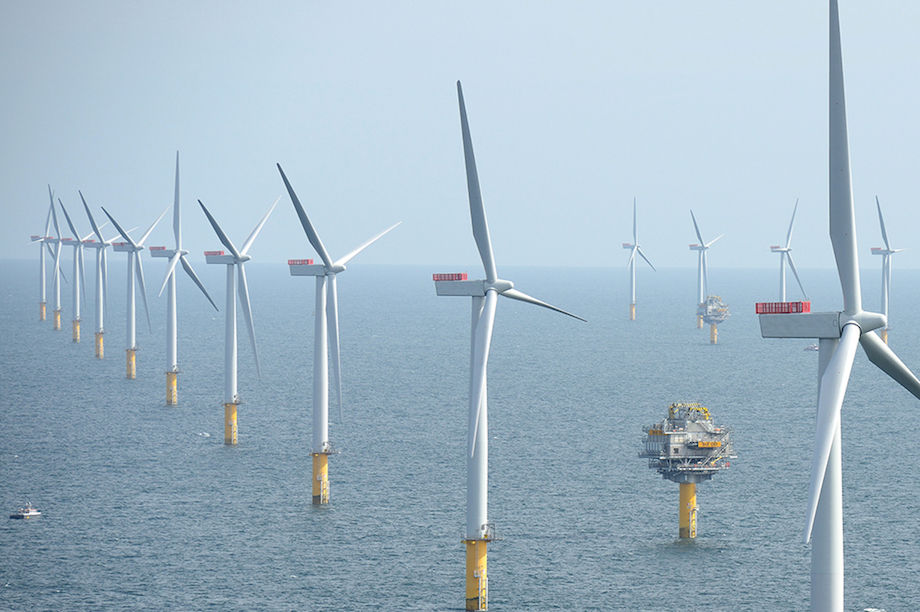UK government bodies and industry groups are examining the feasibility of co-locating offshore wind and carbon capture usage and storage (CCUS) infrastructure.
Seabed landlord the Crown Estate is leading the Offshore Wind and CCUS Co-location Forum to identify the challenges and opportunities associated with using the two technologies alongside one another.
The groups explained that with the UK's seas becoming "incresingly crowded", suitable space on the seabed will be limited. Therefore, a number of areas will require offshore wind and CCUS infrastructure in the same place if both technologies are to play an increasing role in helping the UK reach net-zero.
“Offshore renewable technologies and carbon storage have a critical role to play in reaching this target, and we are focused on maximising the potential of the seabed to enable their sustainable growth," said Huub den Rooijen, managing director of marine at the Crown Estate.
“With the seabed more in demand than ever before, collaboration will be key to unlocking this potential.”
The forum is completed by industry groups the Oil and Gas Authority, the Carbon Capture and Storage Association and RenewableUK, as well as the UK government and Crown Estate Scotland.
Co-location risks
It was set up following a report carried out by innovation groups the Offshore Renewable Energy Catapult (ORE Catapult) and the Net Zero Technology Centre.
They recommended that offshore wind and CCUS projects should be planned to avoid overlap where possible, but suggested that building infrastructure in the same location is potentially feasible.
Overlap should be avoided due to challenges in monitoring CCUS projects among offshore wind farms and coordination of increased operations in a congested area.
However, these challenges could be overcome with better communication between project operators and better coordination of activities such as surveys and operations and maintenance.
ORE Catapult and the Net Zero Technology Centre also suggested that there should be proactive reviews of where projects could overlap and development of CCUS monitoring technologies that are more compatible with offshore wind farms.

.png)



.png)









